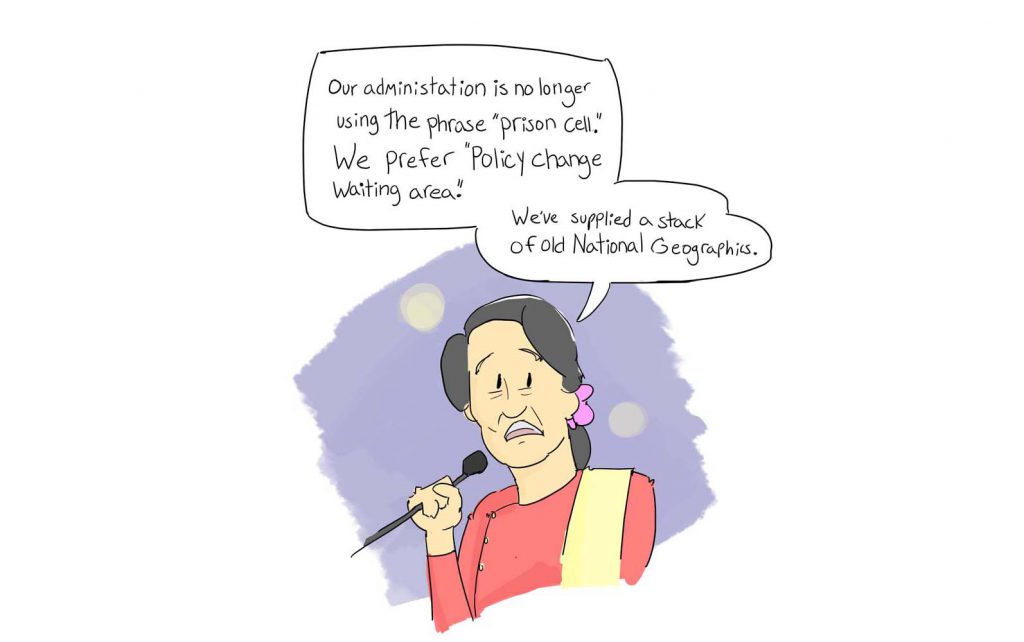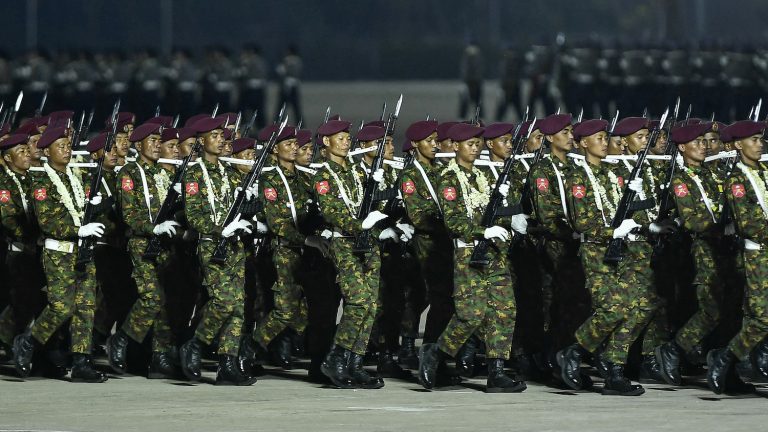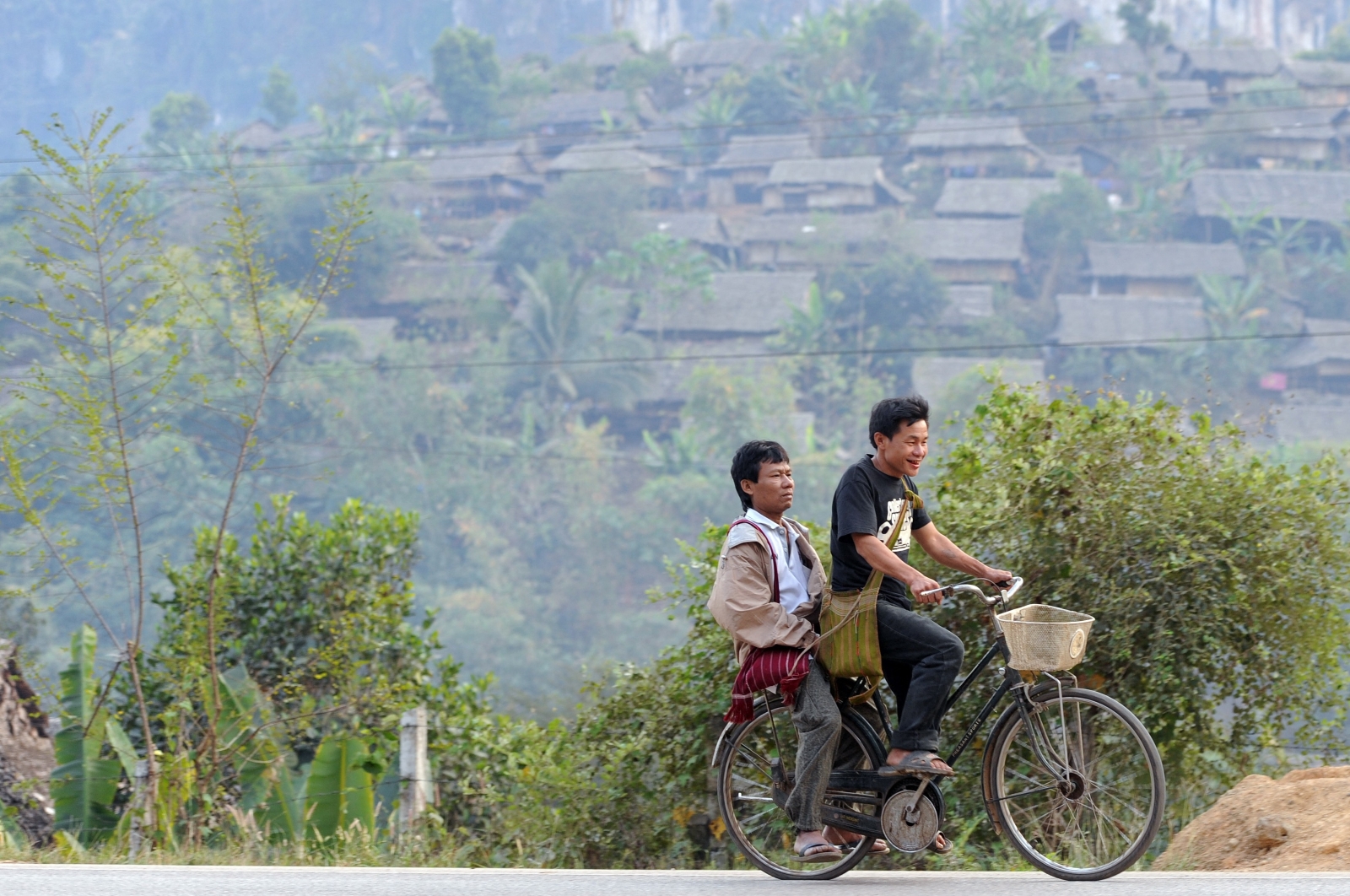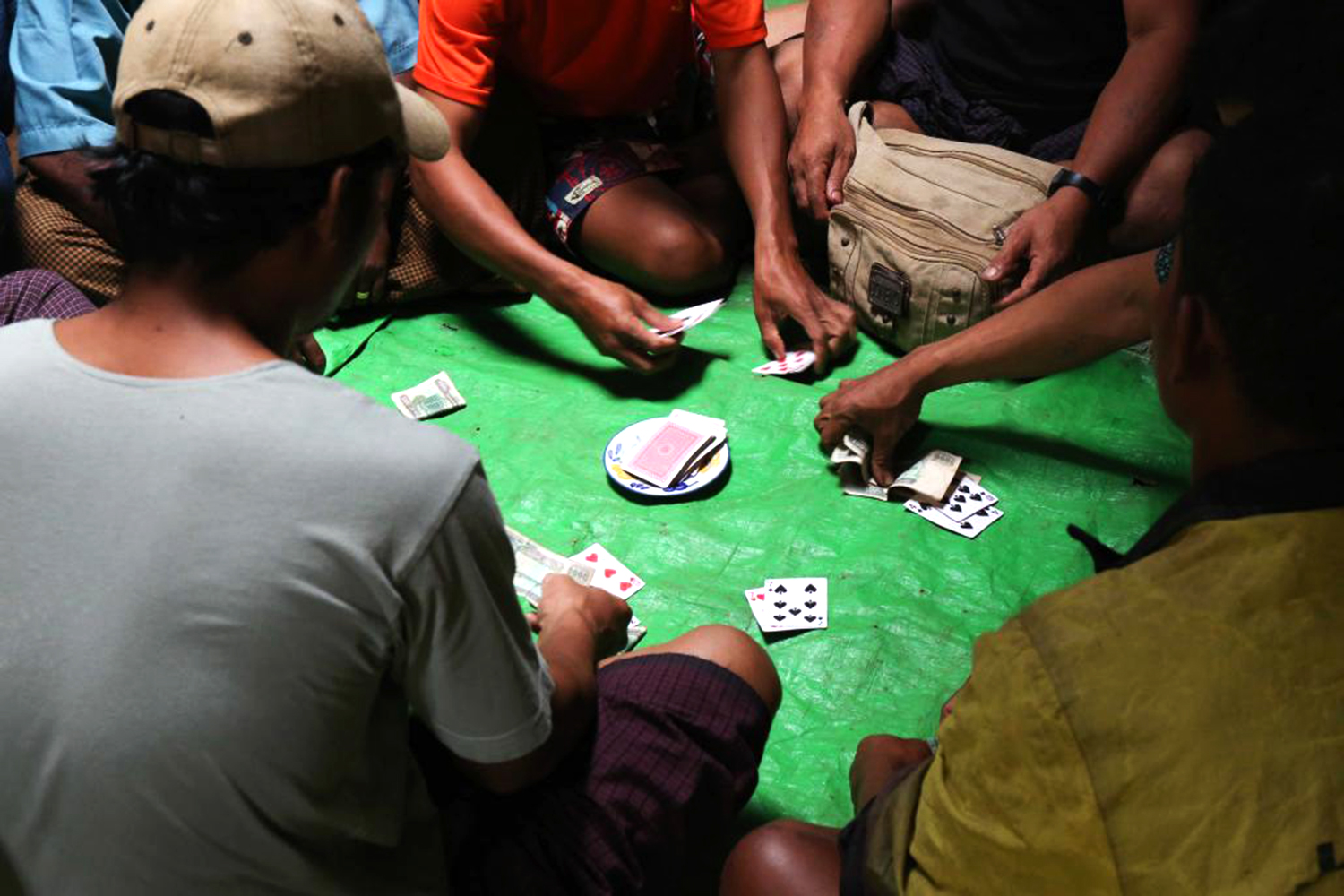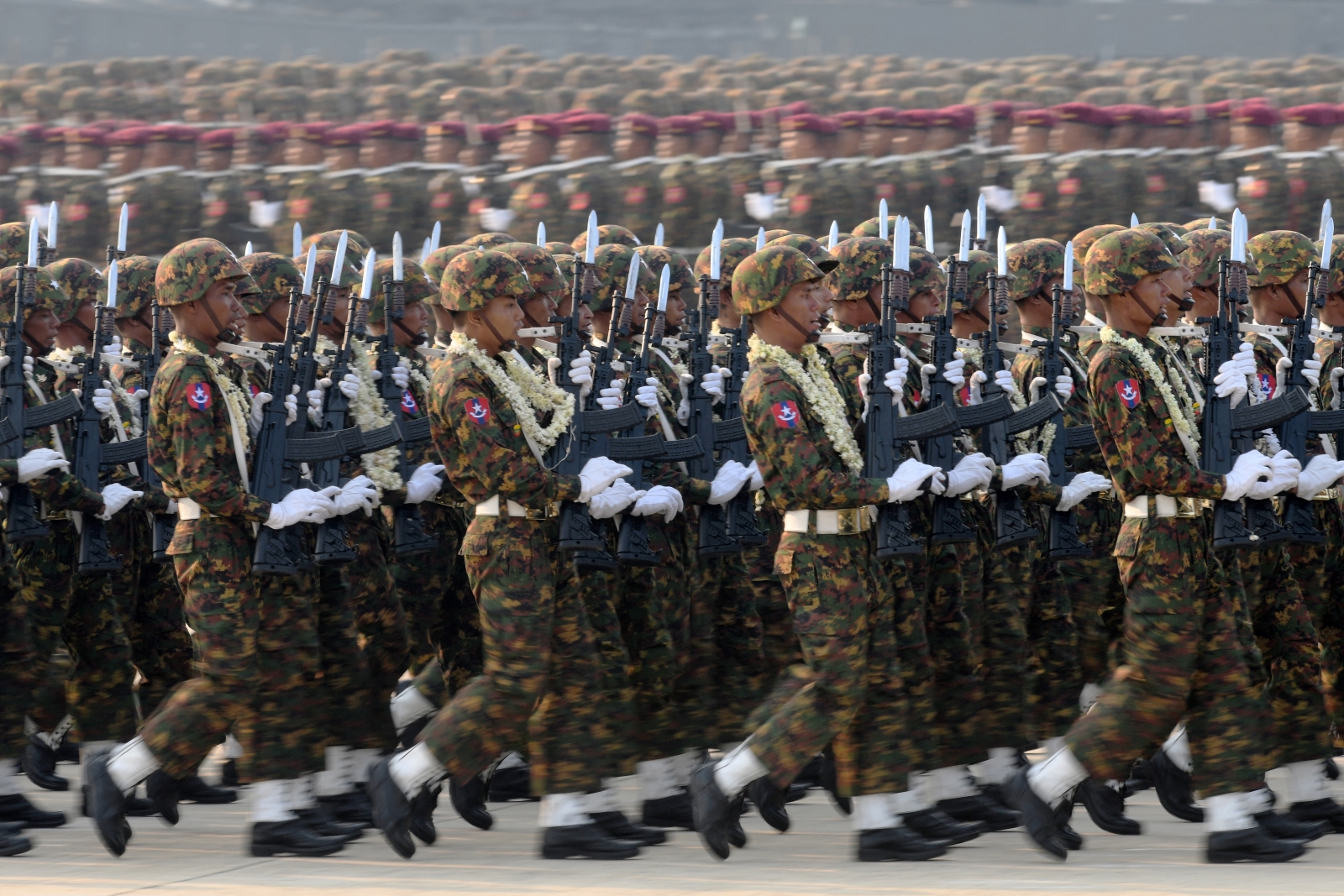Myanmar is not waging a war on drugs.
It is waging a war on the people who consume illicit drugs, and those who sell them in relatively small quantities.
In doing so, it is punishing the victims of state policies that have allowed some organisations, including militias in Shan State that are allied to the Tatmadaw, to produce massive quantities of drugs – notably yaba, crystal meth and opium – within Myanmar’s borders with impunity.
As a recent International Crisis Group report, Fire and Ice: Conflict and Drugs in Myanmar’s Shan State, makes clear, there is little appetite among law enforcement to target those who are making billions of dollars a year from illicit drug production and spreading the drug scourge from Shan State to as far as Japan and Australia.
There are no easy solutions to the drug production problem.
The least the government can do though is to refrain from inflicting further harm on those whose lives have already been affected by drugs. However, Myanmar finds itself in a situation where not only is drug production ballooning, but prisons are overflowing with drug users and low-level dealers; last year, the Attorney General’s office reported to the national legislature that over half of all prisoners had been incarcerated for drug-related offences, resulting in overcrowding, understaffing and a budget blowout for the Department of Corrections. Other government officials have estimated that up to 70 percent of inmates could be in prison for drug offences.
This is the result of adopting a zero-tolerance drug policy in a country where impunity and corruption are rife. It was always doomed to fail.
The National Drug Control Policy released in February 2018 seemed a major step forward because it signalled an intention to abandon punitive measures against users in favour of drug use prevention, harm reduction, and treatment and rehabilitation. The policy mandated that police resources would be re-focused towards combating organised crime and corruption.
This has not happened. Amendments to the Narcotic Drugs and Psychotropic Substances Law, also made in February 2018, only tinkered at the edges. Lawmakers rejected a proposed clause that would have exempted those caught with small quantities from prison sentences, meaning drug possession of any scale continues to carry a prison term of five to 10 years.
In June 2018, President U Win Myint announced a seemingly well-intentioned crackdown, encouraging the public to bypass the police and submit tip-offs to a new unit housed in his office called the Drug Activity Special Complaint Department. The regular updates from the President’s Office on the arrests made from these tip-offs indicate that this drive has largely failed to net the serious players in the trade.
As Frontier’s article ‘Drug cases and the stench of dirty money’ shows, many of those who end up within the criminal justice system because of drug use become victims again – this time, of corruption and extortion.
They face a choice: pay bribes to speed up their trial, pass a drug test and get favourable testimony, in the hope that it will bring a somewhat reduced sentence, or give up years of their life.
Given the amount of money that this system extracts from defendants and their families, it is unsurprising that there is little eagerness to divert those caught in possession of drugs away from the courts and prisons, and into (ideally) well-funded rehabilitation and treatment services.
Even for those who aren’t profiting, the desire to maintain a hard-line position on drug use is understandable. Illicit drugs do destroy lives and communities. But the reality of Myanmar’s political economy is that the drug trade is not going away any time soon, and the best evidence suggests voluntary treatment and rehabilitation is the winning approach. Till then, the vicious cycle of corruption, degraded rule of law and ruined lives is likely to keep spinning.


